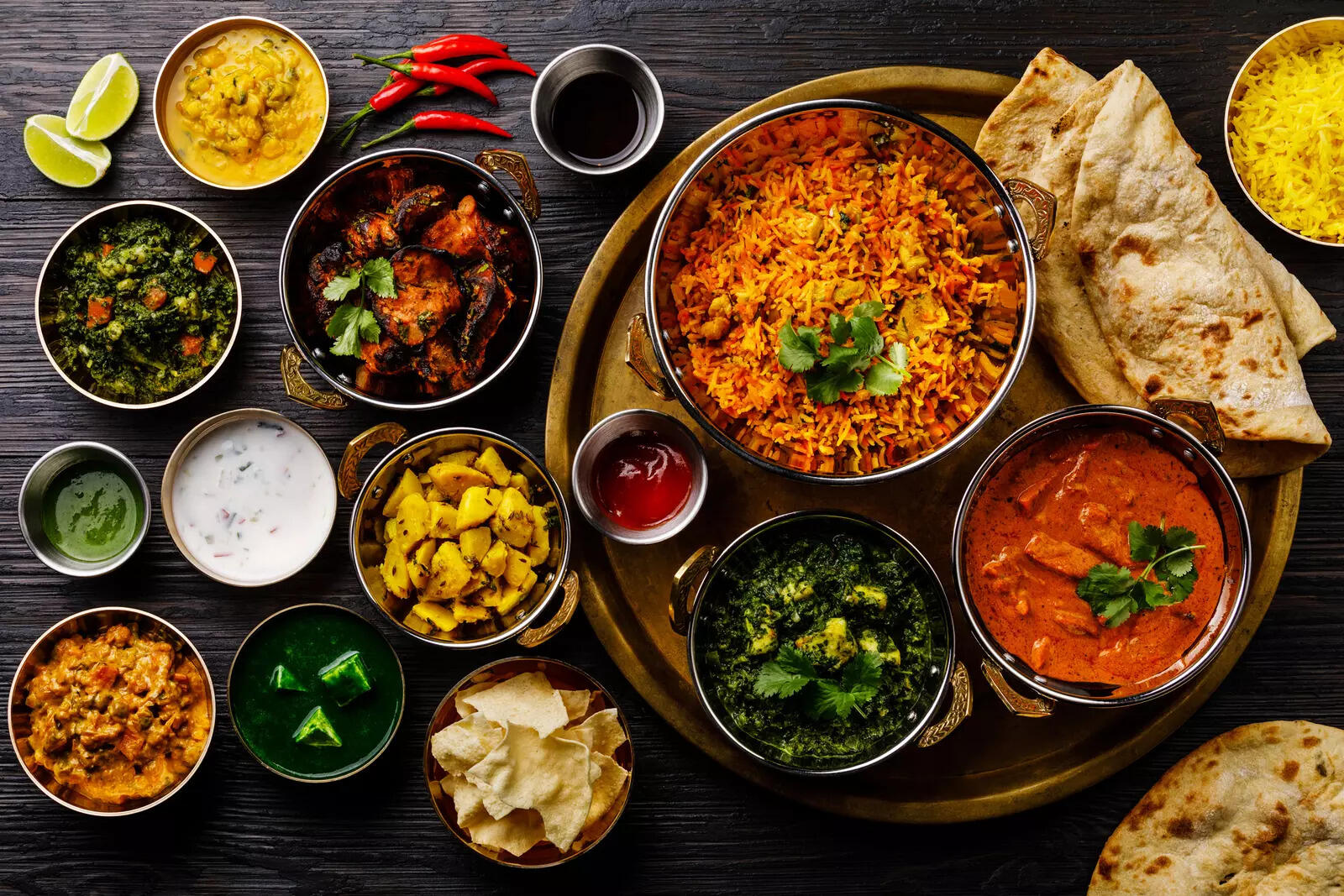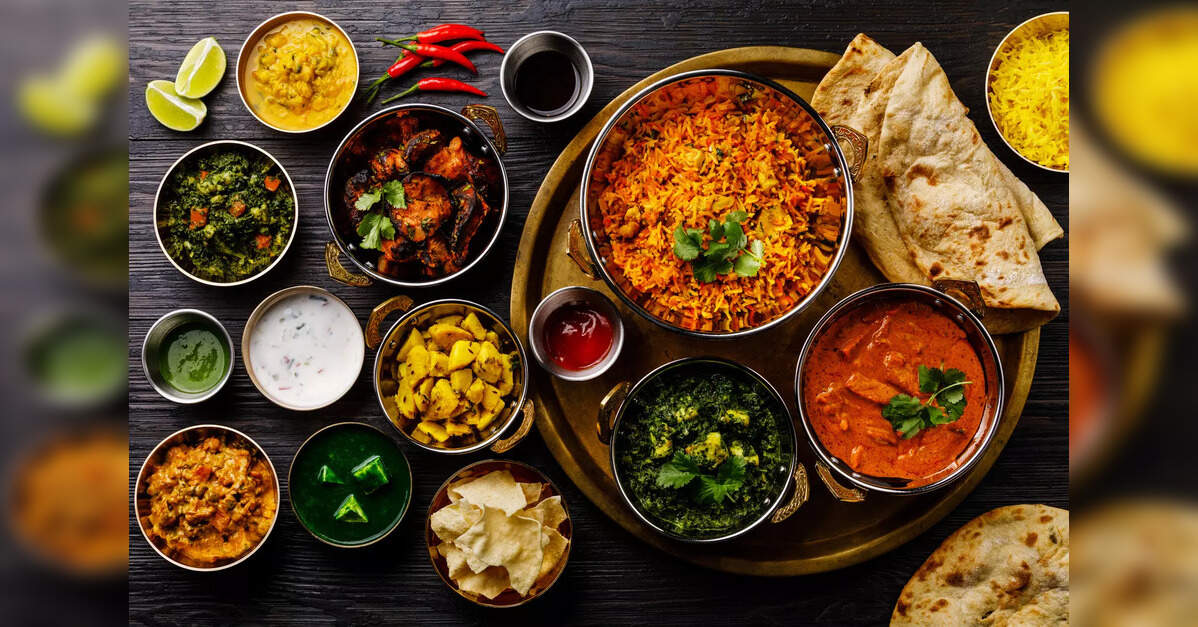
Booking.com, one of the world’s leading digital travel platforms, has unveiled new research titled ‘Taste of Home’, revealing that for Indian travellers, food is no longer a side note to travel but the main ingredient shaping their journeys. The findings show that the nation’s travellers are choosing holiday homes for their unique ability to blend comfort, flexibility, and local flavour — a combination that allows them to cook, share, and connect in more meaningful ways.
According to the research, an overwhelming 97 per cent of Indian travellers say their eating and cooking habits change while on holiday. Many prefer visiting local markets, with 84 per cent exploring neighbourhood stalls and stores to buy fresh ingredients. Others use travel as an opportunity to experiment with regional recipes or bring a modern twist to traditional dishes, creating a space where family food culture meets global curiosity. The growing preference for holiday homes is linked to this desire for personalisation and control. Travellers cite privacy, the freedom to eat whenever they wish, and the ability to cook their own meals as top reasons for choosing such accommodations.
Food is also influencing where travellers go. The study reveals that 88 per cent of Indians choose destinations based on their culinary appeal, while 82 per cent admit that food is a key factor when planning their next getaway. For many, exploring a city’s cuisine is not just about dining out — it’s about discovering new flavours, connecting with local people, and finding comfort through familiar tastes in unfamiliar places.
“Food is fast becoming the new language of connection,” said Laura Houldsworth, Managing Director for Asia Pacific, Booking.com. “Our research shows that Indian travellers are embracing holiday homes not only for comfort but also to explore local flavours, experiment with cooking, and connect over shared meals. Culinary experiences are now a key factor in travel decisions, turning holiday homes into dynamic spaces of discovery and connection.”
The research points to a cultural shift in the kitchen as younger generations take the lead in cooking while travelling. Unlike earlier patterns where families relied on mothers or older relatives, today’s millennials and Gen X travellers enjoy preparing meals themselves. Many even treat cooking as a social activity, gathering friends and family to share recipes, stories, and time together. This evolution reflects how the kitchen has become a focal point for storytelling and creativity, even while away from home.
Another interesting trend emerging from the study is the rise of what Booking.com calls “trolley tourism”. Travellers are increasingly exploring local supermarkets, farmer’s markets, and artisan shops as part of their travel itinerary, seeking to take home authentic ingredients or simply enjoy the local rhythm of food culture. For Indian travellers, visiting markets has become a meaningful way to connect with communities and support local producers while deepening their understanding of regional cuisines.
The research also uncovers the emotional attachment Indian travellers have to food from home. Nearly all respondents — 95 per cent — admitted to carrying familiar food or cooking items with them. Whether it’s snacks, pickles, spices, or chutneys, these small comforts help travellers maintain a sense of belonging wherever they go. Some even travel with kitchen essentials such as kettles or pressure cookers, ensuring they can recreate home-style dishes even in remote destinations.
Booking.com’s insights indicate that holiday homes are now much more than accommodation. They are evolving into culinary playgrounds where travellers can express their creativity, celebrate relationships, and embrace cultural discovery through food. These spaces have become ideal for gatherings, celebrations, and wellness retreats, offering both emotional fulfilment and gastronomic satisfaction.
With more than 8.4 million holiday homes among 31 million listings worldwide, Booking.com is uniquely positioned to observe this transformation in travel behaviour. Houldsworth noted that such insights help property owners better understand what modern travellers value and how to enhance their offerings. As she emphasised, “Food has become an essential part of the travel story — it brings people together, bridges cultures, and makes every stay more memorable.”
As travel continues to evolve, the Indian traveller’s journey is increasingly guided by the palate. The kitchen has emerged as the new centre of exploration — a space where comfort meets culture and where every meal tells a story. For India’s growing community of food-loving explorers, holiday homes are not just a place to stay, but a way to taste the world while carrying a bit of home along the way.


